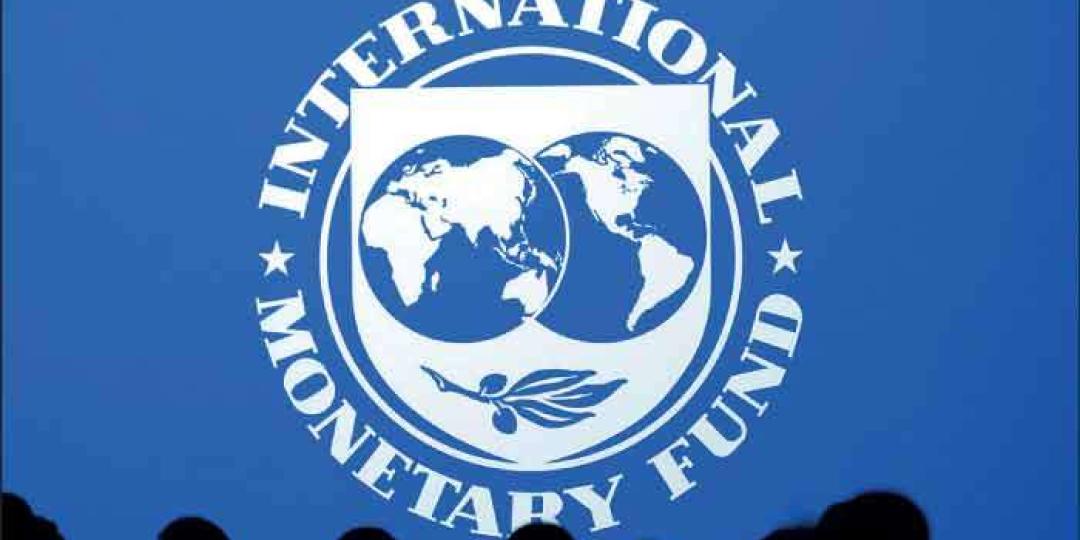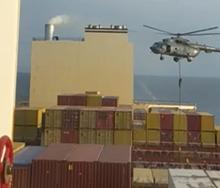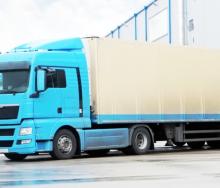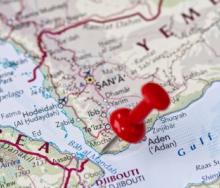The Russia Ukraine war has dealt a crushing blow to economic recovery in Sub-Saharan Africa.
It’s triggered a sharp rise in commodity prices - straining the fiscal and external balances of commodity-importing countries and increasing food-security concerns across the region. As a result, economic activity was expected to slow to 3.8% this year and was subject to an extraordinary range of risks, the International Monetary Fund (IMF) said in its latest Regional Economic Outlook for Sub-Saharan Africa.
The body previously predicted that growth would increase from 3.7 to 4.5%.
“The recovery in sub-Saharan Africa picked up in the third quarter of 2021 and held up despite the onset of a fourth Covid-19 wave at the end of the year,” said Abebe Aemro Selassie, director of the IMF’s African department.
“The shock to global commodity markets will add to inflation, hit the region’s most vulnerable households, exacerbate food insecurity, raise poverty rates, and possibly add to social tensions.
“Higher oil prices may generate a windfall gain for the region’s eight oil exporters. But for the other 37 countries, they will worsen trade imbalances and increase living costs. Indeed, over the past couple of months we have increased our inflation projections significantly - lifting the regional average for 2022 by a full four percentage points, and representing the worst outcome since 2008. This year, 11 countries will face double-digit inflation; almost all of these have flexible exchange rates, and almost half of these are fragile,” said Selassie.
Also, looking beyond the current set of crises, he said decisive policy action was needed to enhance economic diversification, promote regional integration (including through AfCFTA), unleash the private sector’s potential, and address the challenges posed by climate change. “In all these areas, continued international solidarity and cooperation will remain vital.”













